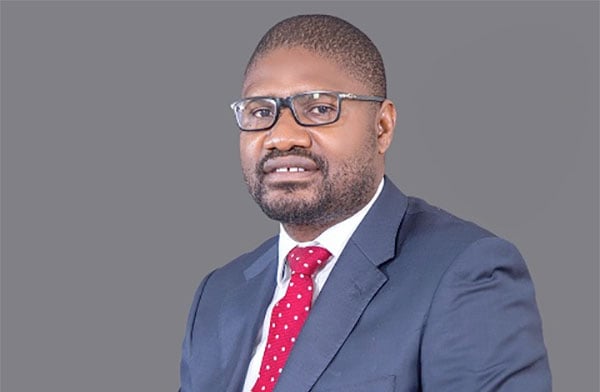Prime
Oil: Human rights will be guarded - PAU

Ali Ssekatawa
What you need to know:
- While some civil society organisations have touted the oil and gas sector to observe human rights, they fall short of appreciating some of the positive contributions that are being executed by both government and venture partners.
With production of first oil clearly in sight, calls to ensure that human rights of project affected persons and Ugandans at large have heightened.
Activists want government and international oil companies to ensure that Uganda does not suffer the legendary oil curse.
The argument is based on documented evidence where the discovery and production of oil has worsened observance of human rights in areas such as the Niger Delta of Nigeria, mostly in the 1990s.
Many activists had feared this would be replicated in the Albertine Graben when oil exploration activities started in the area in the late 1990s.
Therefore, they campaigned against oil developments, causing a lot of excitement and fear of the unknown overall.
In fact, government and oil companies instead used Nigeria and similar situations as a case study to foster good practices to ensure that communities benefit from oil activities.
Historically, the Albertine Graben region was majorly known for fishing and hunting.
It had very limited economic activities owing to the harsh climate and difficult terrain, characterized by steep escarpments.
The area had also been deserted as indigenous people sought greener pastures and opportunities elsewhere.
However, today, there is an influx of people from all over the country and neighbouring DR Congo, who are seeking opportunities and better services such as health and education.
Therefore, the region has essentially transformed into a socio-economic hub due to the oil and gas industry.
Investment in the oil and gas is always substantial. In Uganda’s case, investments worth $3.8b have been appraised during the exploration. However, all investments have had safeguards that protect both human and economic rights through social amenities such as hospitals, schools, health services, and other community development programmes.
In addition to this, the compensation and livelihood restoration programmes in the land acquisition process have ensured that communities enjoy a better way-of-life than before through access to better housing, medical facilities and more sustainable sources of income.
For instance, project affected persons resettled from the proposed Central Processing Facility land in Buliisa District received modern houses with land titles, livelihood improvement projects for agriculture, water and enhanced health services.
All these are dutifully undertaken to ensure appropriate respect for and fulfilment of human rights obligations and ensure the contribution of the sector to making the lives of the populace better.
The rights of the people are also safeguarded through government’s commitment to accountability and transparency in the implementation of the oil and gas projects.
The sector fosters participation and involvement of stakeholders who are engaged on a regular basis during key processes such as public hearings for projects.
In addition, Uganda is now a member of the Extractive Industries Transparency Initiative, an initiative for enhancing transparency and accountability in the sector.
Therefore, while some civil society organisations have touted the oil and gas sector for observance of human rights, they fall short of appreciating positive contributions as shown above.
Oil activities involve large scale investments that require a lot of preparation which might impact or create some discomfort to communities.
However, all these disturbances are factored into the planning and execution of activities through acceptable national and international processes that ensure appropriate management of negative impacts.
The foundation of all these processes is the participation and involvement of stakeholders, especially project affected persons, at every stage so that their views and concerns are dully taken care of.
In conclusion, government has established systems and structures to ensure efficient compliance in line with fulfilment of human rights.
The Petroleum Authority of Uganda, ensures that fundamental rights such as the right to a clean and healthy environment, respect for property and life, as well as proper treatment and management of manpower, are strongly upheld during operations.
Nigeria
Government and oil companies have used Nigeria as a case study to foster good practices to ensure that communities benefit from oil activities.
The rights of the people are also safeguarded through government’s commitment to accountability and transparency in the implementation of the oil and gas projects.
Ali Ssekatawa is the director, legal and corporate affairs, Petroleum Authority of Uganda.
Email: [email protected]




